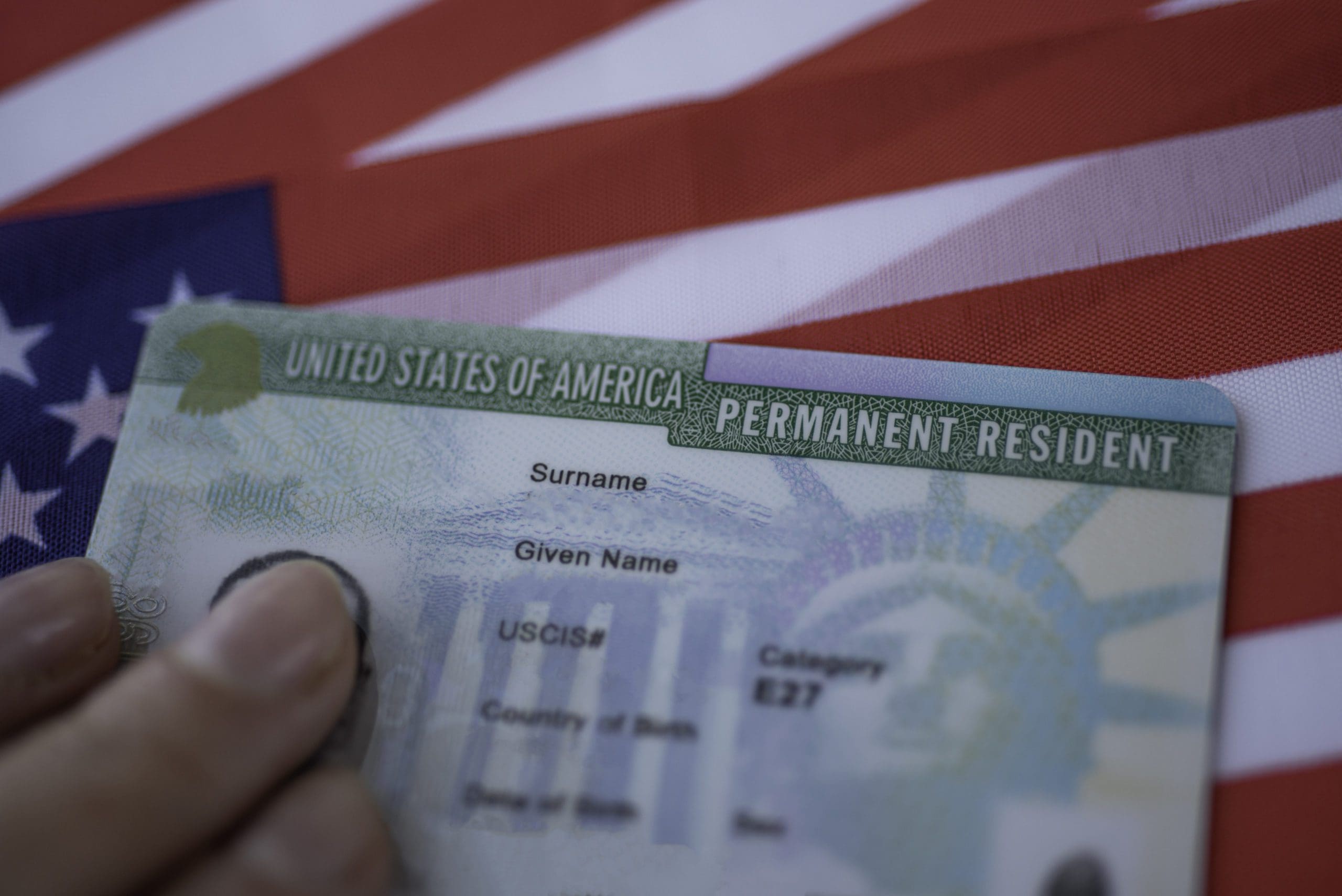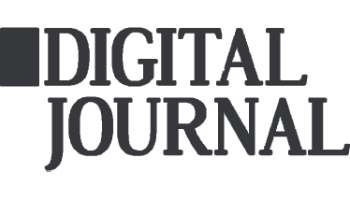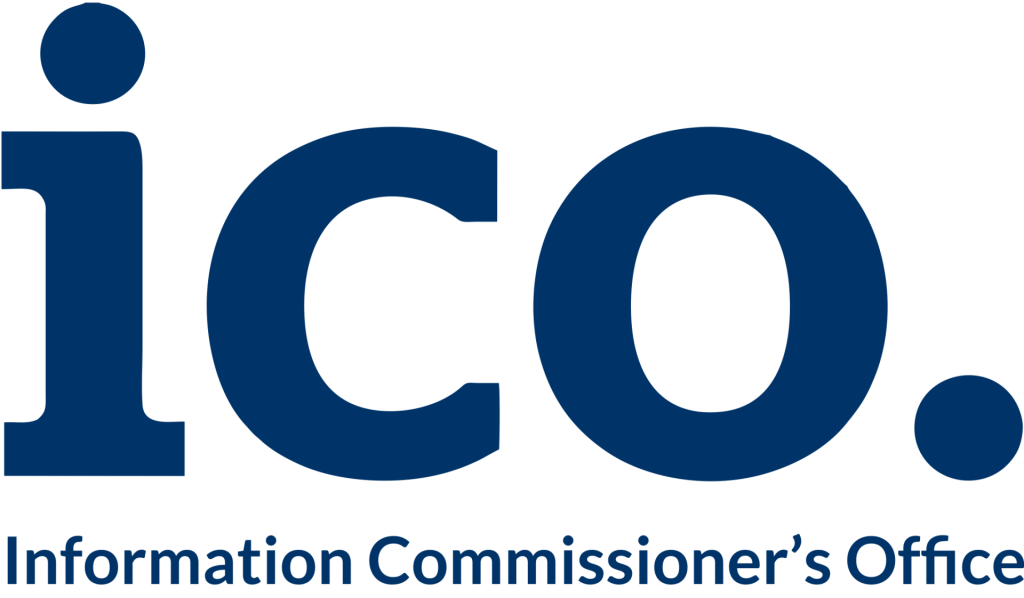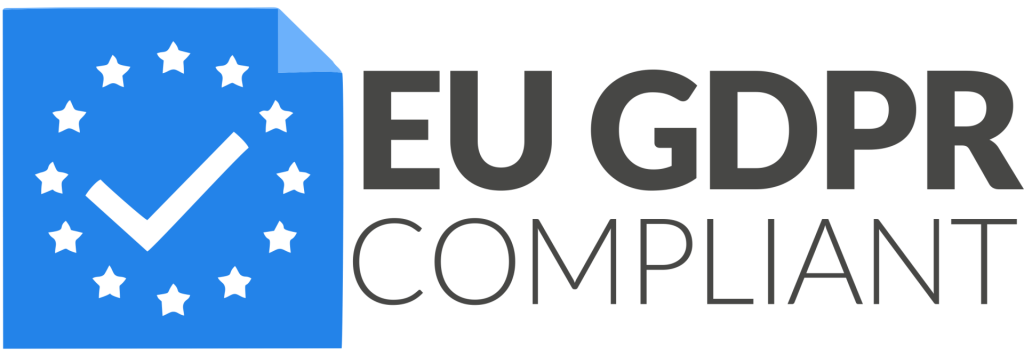The rise of remote and cross-border employment has significantly increased the importance of global background checks. Employers are no longer hiring solely within their own countries but are reaching across continents to secure the best talent. This shift has created a pressing demand for reliable and compliant international screening solutions. Companies that fail to adopt global background screening run the risk of fraud, misrepresentation, or even regulatory penalties. Global screening involves not only verifying identity but also ensuring qualifications, work experience, and professional references are legitimate. In 2025 and beyond, educational fraud and credential inflation continue to pose risks for multinational firms. Employers must look beyond local verification and adopt systems that connect seamlessly with international databases. This ensures accuracy, transparency, and fairness in hiring. Compliance with varying legal frameworks across regions is another key factor. Data protection laws, including the GDPR in Europe and new AI compliance frameworks in Asia, make cross-border screening a delicate yet necessary practice. Organizations must partner with screening providers who understand these complexities. By doing so, they safeguard their reputation and workforce quality. Furthermore, technology has made background verification faster and more secure. Blockchain-based verification and biometric integration allow real-time validation of documents across borders. These innovations are likely to become standard practice, ensuring more trust in a highly mobile global workforce. Companies that prioritize this will set the standard for safe, transparent, and future-ready hiring.
The Rising Importance of Global Background Screening in a Borderless Workforce


































